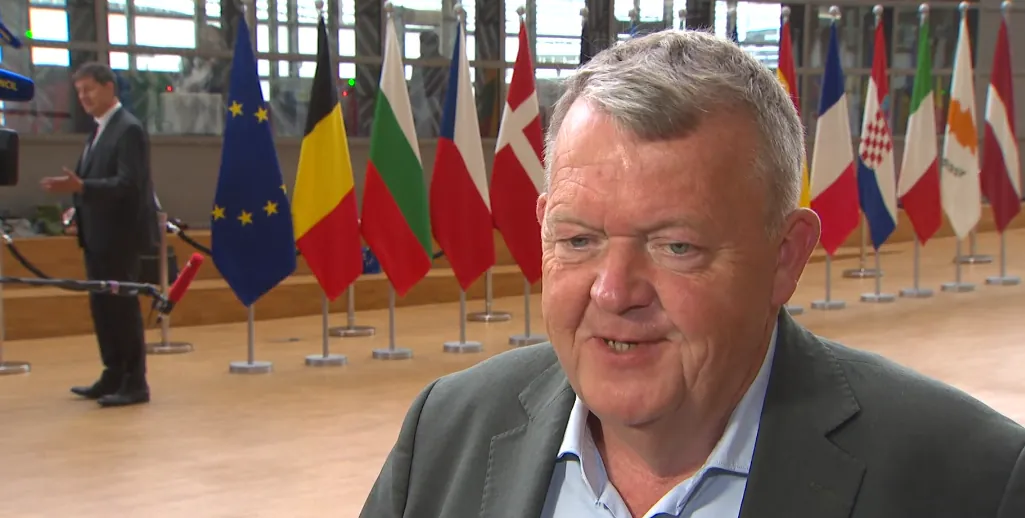2nd Circuit rejects Donald Trump’s request to halt postconviction proceedings in hush money case
NEW YORK (AP) — A federal appeals court has rejected Donald Trump’s request to halt postconviction proceedings in his hush money criminal case, leaving a key ruling and the former president’s sentencing on track for after the November election.A three-judge panel of the 2nd U.S. Circuit Court of Appeals in Manhattan cited the postponement last week of Trump’s sentencing from Sept. 18 to Nov. 26 in denying his motion for an emergency stay.The sentencing delay, which Trump had sought, removed the urgency required for the appeals court to consider pausing proceedings. Messages seeking comment were left for Trump’s lawyers and the Manhattan district attorney’s office, which prosecuted the case. Trump appealed to the 2nd Circuit after a federal judge last week thwarted the Republican nominee’s request to have the U.S. District Court in Manhattan seize control of the case from the state court where it was tried. Trump’s lawyers said they wanted the case moved to federal court so they could then seek to have the verdict and case dismissed on immunity grounds. The trial judge, Juan M. Merchan, announced the delay last Friday and said he now plans to rule Nov. 12 on Trump’s request to overturn the verdict and toss out the case because of the U.S. Supreme Court’s July presidential immunity ruling. Merchan explained that he was postponing the sentencing to avoid any appearance that the proceeding “has been affected by or seeks to affect the approaching presidential election in which the Defendant is a candidate.” Trump was convicted in May on 34 counts of falsifying business records to conceal a $130,000 hush money payment to porn actor Stormy Daniels just before the 2016 presidential election. Trump denies Daniels’ claim that she and Trump had a sexual encounter a decade earlier and says he did nothing wrong.Falsifying business records is punishable by up to four years behind bars. Other potential sentences include probation, a fine or a conditional discharge, which would require Trump to stay out of trouble to avoid additional punishment.
NEW YORK (AP) — A federal appeals court has rejected Donald Trump’s request to halt postconviction proceedings in his hush money criminal case, leaving a key ruling and the former president’s sentencing on track for after the November election.
A three-judge panel of the 2nd U.S. Circuit Court of Appeals in Manhattan cited the postponement last week of Trump’s sentencing from Sept. 18 to Nov. 26 in denying his motion for an emergency stay.
The sentencing delay, which Trump had sought, removed the urgency required for the appeals court to consider pausing proceedings.
Messages seeking comment were left for Trump’s lawyers and the Manhattan district attorney’s office, which prosecuted the case.
Trump appealed to the 2nd Circuit after a federal judge last week thwarted the Republican nominee’s request to have the U.S. District Court in Manhattan seize control of the case from the state court where it was tried.
Trump’s lawyers said they wanted the case moved to federal court so they could then seek to have the verdict and case dismissed on immunity grounds.
The trial judge, Juan M. Merchan, announced the delay last Friday and said he now plans to rule Nov. 12 on Trump’s request to overturn the verdict and toss out the case because of the U.S. Supreme Court’s July presidential immunity ruling.
Merchan explained that he was postponing the sentencing to avoid any appearance that the proceeding “has been affected by or seeks to affect the approaching presidential election in which the Defendant is a candidate.”
Trump was convicted in May on 34 counts of falsifying business records to conceal a $130,000 hush money payment to porn actor Stormy Daniels just before the 2016 presidential election. Trump denies Daniels’ claim that she and Trump had a sexual encounter a decade earlier and says he did nothing wrong.
Falsifying business records is punishable by up to four years behind bars. Other potential sentences include probation, a fine or a conditional discharge, which would require Trump to stay out of trouble to avoid additional punishment.



